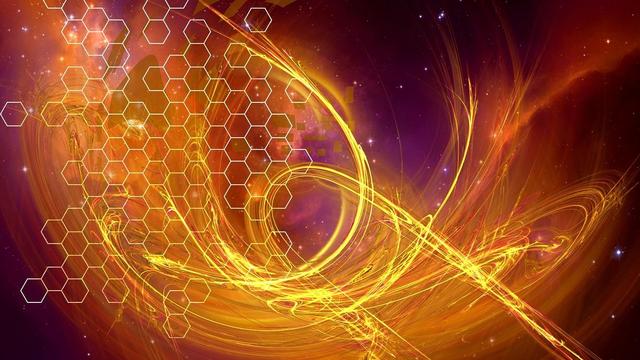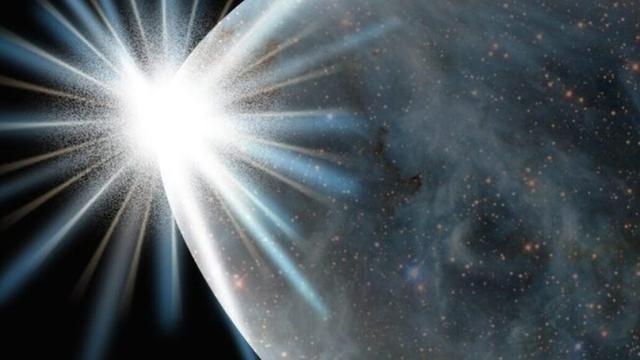A question for the cosmologists. (I was going to say "Explain like I'm 5", but assume I've spent too much time listening to Katie Mack, Sean Carroll, Brians Greene and Cox, etc. and I have a bit of a clue... But I didn't study relativity, and have no experience with GR math).
Here goes...
Every time I hear "such and such happened at 10^-11 seconds, and a little later this thing happened at 10^-6 seconds" I wonder about the clock you're using.
At various times in the *very* early universe, the energy density was unimaginably huge. I'm assuming that has an effect on the flow of time, as well, no? I know there's no external clock to compare to, but what is the real meaning of these times, other than as a sequence of events, when the environment is undergoing such massive changes in energy density (or matter density, if we're talking a little later)?
I'm basically asking how those times are meaningful to me*, a guy thinking about it at this point in the universe, when the composition/distribution/volume of the observable universe does not faintly resemble that of the universe in the first fractions of a second that we're talking about.
(*Ignore for a moment that we can't comprehend those timespans even if the universe wasn't changing)
Please boost for reach if you are in the astronomy community, I'm not sure which hashtags to use for this...
#Cosmology #Astronomy #BigBangTheory #Relativity






